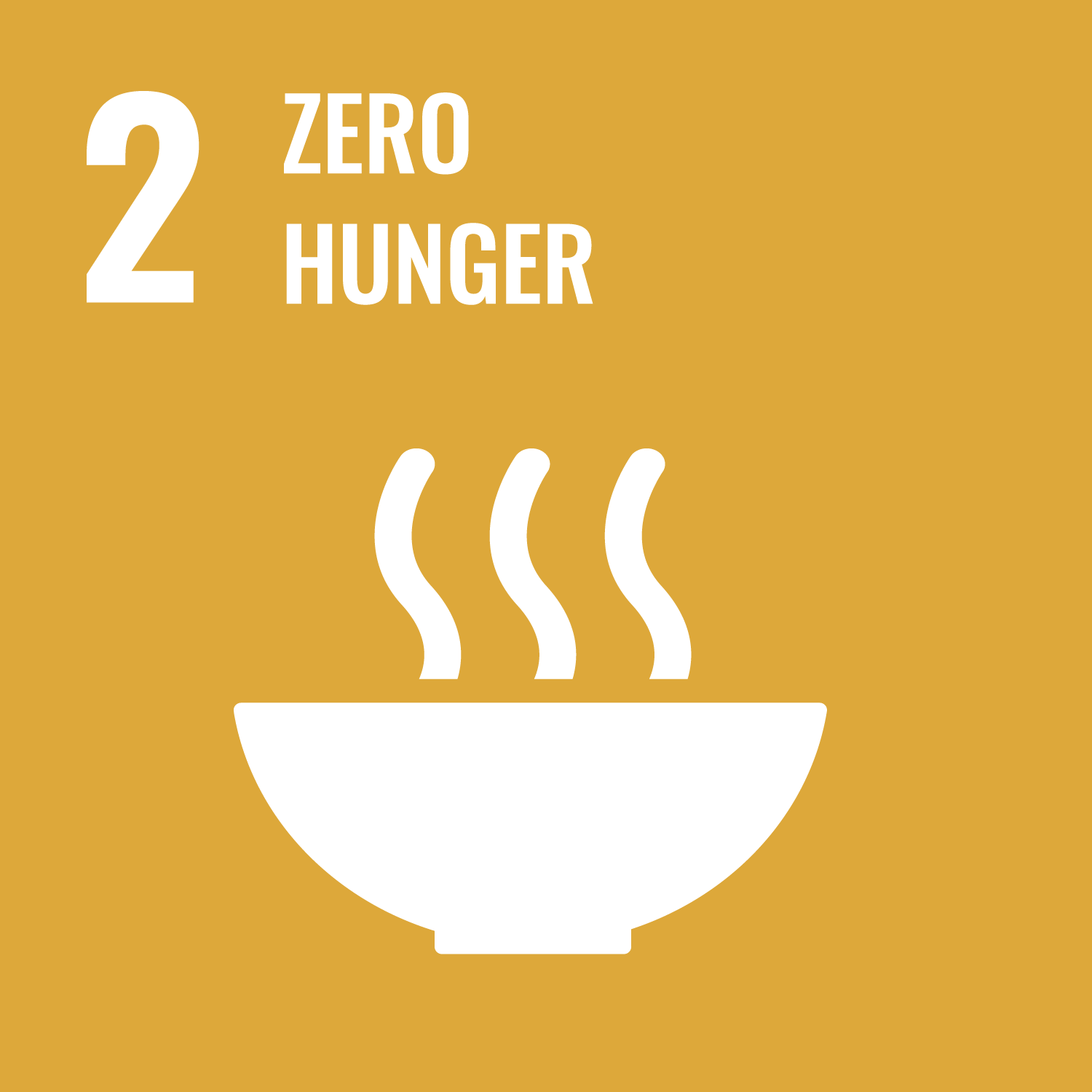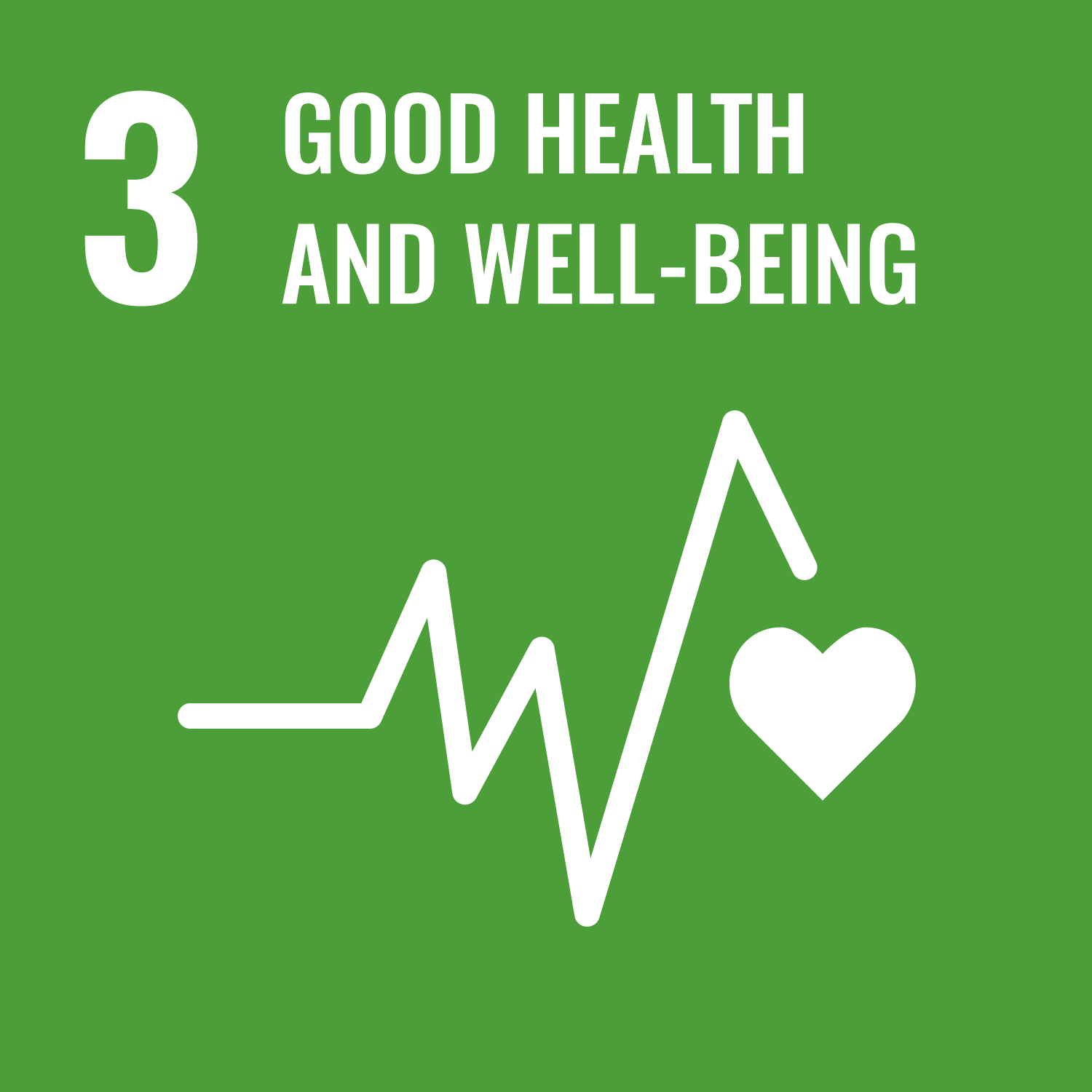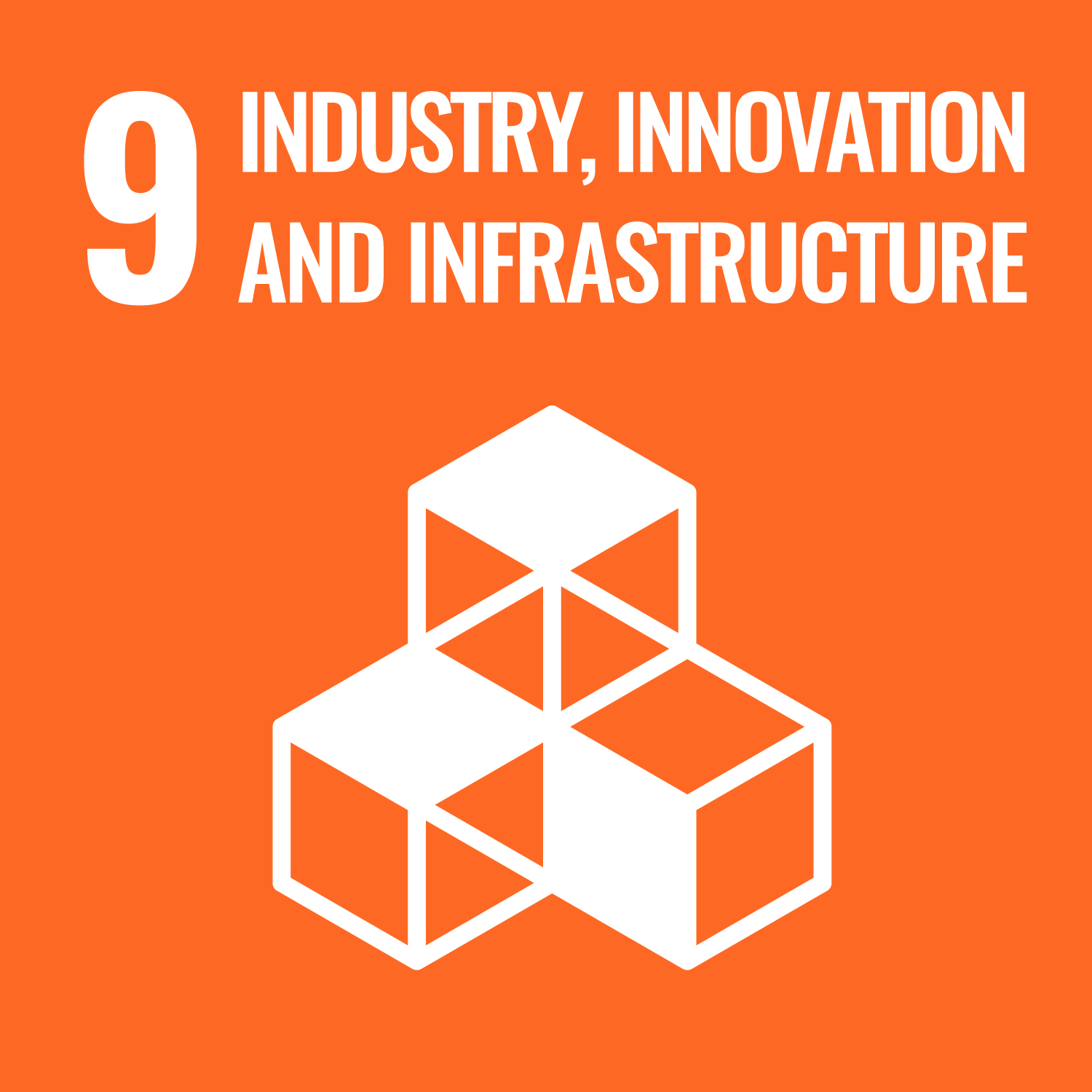SDG Detail
Farms as Factories: Industrial Ideals in �Modern� Agriculture
NoneProject description
Plants and animals are now produced in capital-intensive, factory-like settings. The industrialization of agriculture has not only transformed what we eat, but also the ecology of the globe and biology of its inhabitants. This course explores the logics, history, and consequences of an agricultural sector that simultaneously generates lagoons of pig manure, proprietary DNA, and monocropped landscapes. How does commoditizing wheat alter its value? How do pigs to change when they live their lives on concrete? What forms of care are needed to keep antibiotic-laden chickens alive? How does the industrial production of life rearrange �modern� concepts of nature? The course situates these questions within a broader framework of capitalism and commoditization; we begin by studying the rationale of proto-industrial production on slave plantations, consider the results of agricultural �modernization� in the 19th and 20th centuries, and analyze how social scientists have studied these processes. Then, we examine how agricultural products � plants and animals � have been physically altered to facilitate standardized production, and study how these shifts have changed the role of workers and social milieu of agrarian labor. In addition to contextualizing modern agricultural production, this class is an introduction to animal and plant studies, theories of capitalism and commodification, and environmental studies.
Project aims
?
Project outcome
?
Related SDGs
The corresponding sustainable development goals correlated with this project. You you click the icon to link to SDG category description page.











